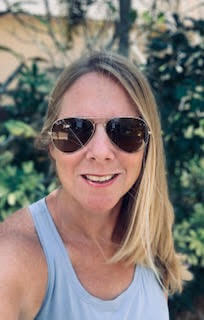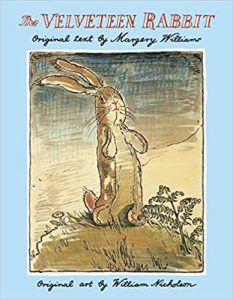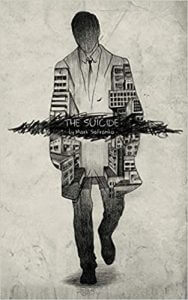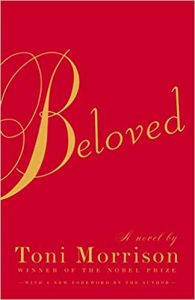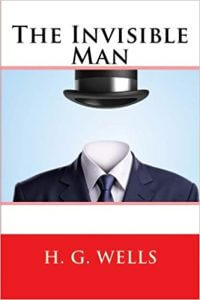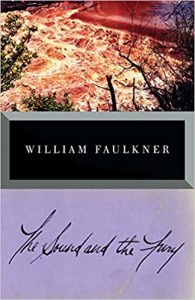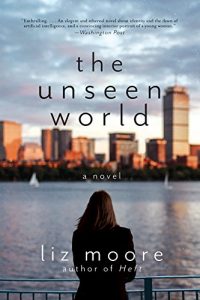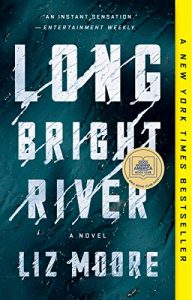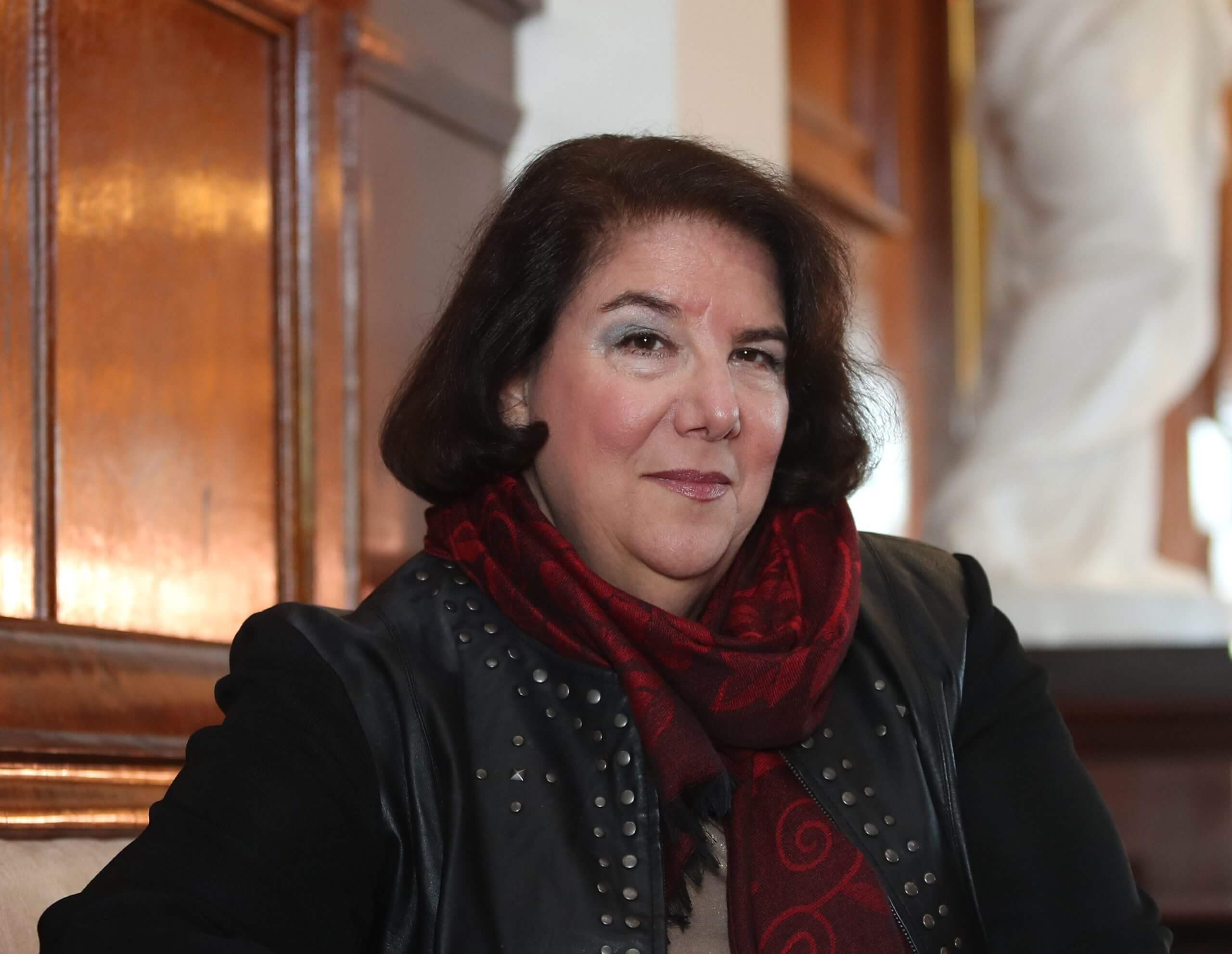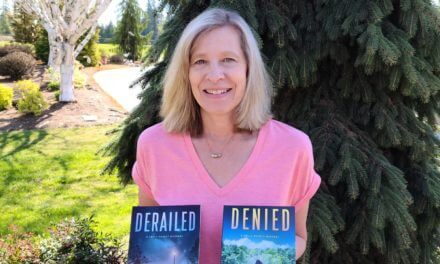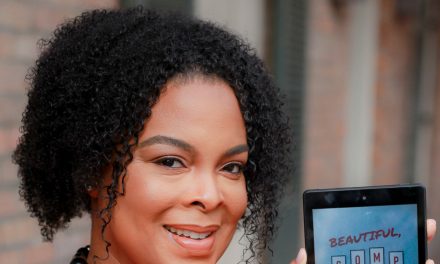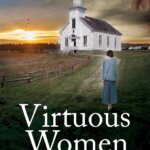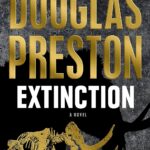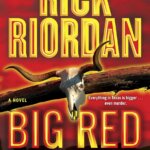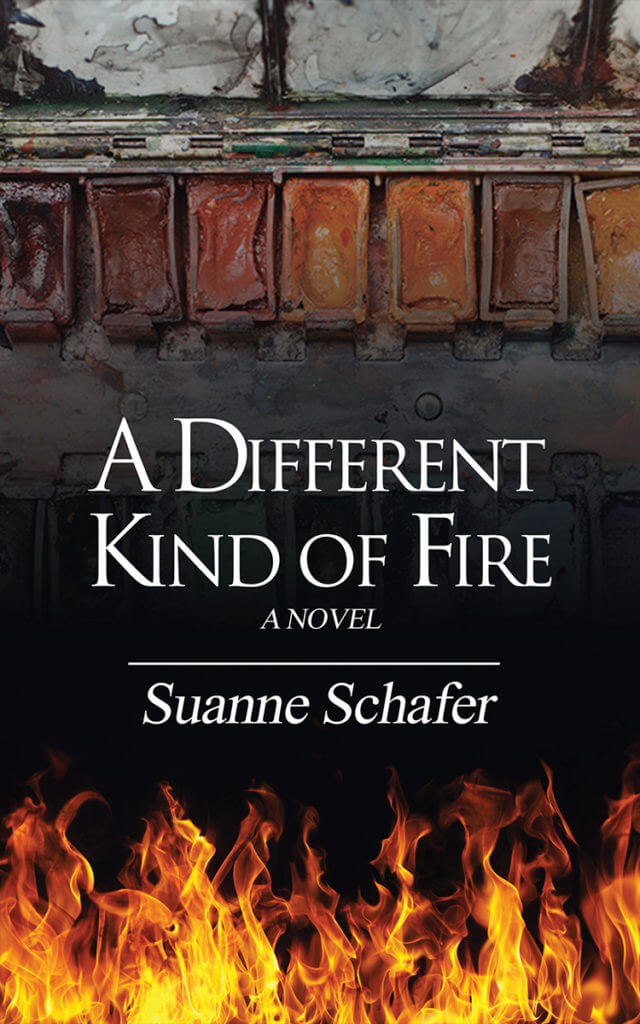Joining me today is Heather Duerre Humann. She is the author of four books: Domestic Abuse in the Novels of African American Women: A Critical Study (2014), Gender Bending Detective Fiction: A Critical Analysis of Selected Works (2017), Another Me: The Doppelgänger in 21st Century Fiction, Television and Film (2018), and Reality Simulation in Science Fiction Literature, Film, and Television (2019).
In addition to these books, she has published short stories, articles, essays, and book reviews which appear in African American Review, Clues: A Journal of Detection, Chelsea, Children’s Literature Association Quarterly, storySouth, South Atlantic Review, Interdisciplinary Literary Studies, Studies in the Novel, Indiana Review, Obsidian: Literature in the African Diaspora, Studies in American Culture, Journal of Popular Film and Television, and elsewhere.
She earned a Ph.D. in American Literature from the University of Alabama and currently teaches full-time in the Department of Language and Literature at Florida Gulf Coast University.
SS: Welcome, Heather. I’m intrigued by the range of your writing—domestic abuse to reality simulation. There are definitely several I’d love to read. Can you share a bit about your background?
HH: While I’m originally from Virginia, I grew up in the metro Atlanta area. I always knew that I wanted to be a writer (even as a young kid), but when I was younger I was unsure about which career path to take. I actually held a number of jobs—in fields ranging from childcare and food service to banking and insurance—before beginning my “academic career.”
I have a Ph.D. in English/American Literature from the University of Alabama (Roll Tide!) and have taught college and University-level writing and literature classes since 2002. I’ve done a bit of freelance editing and have also served on the editorial staff of a literary journal as well as on the editorial boards of peer-reviewed journals.
Because of my academic background, much of my writing tends to be Academic Nonfiction. To date, I’ve published four books: Domestic Abuse in the Novels of African American Women: A Critical Study (2014), Gender Bending Detective Fiction: A Critical Analysis of Selected Works (2017), Another Me: The Doppelgänger in 21st Century Fiction, Television and Film (2018), and Reality Simulation in Science Fiction Literature, Film, and Television (2019).
I’ve also published a number of articles (mainly in academic journals), essays, short stories, and book reviews.
SS: If you have children, does being a parent influence your writing? To what extent?
HH: I have two amazing kids and yes, being a parent definitely influences every aspect of my life. My kids inspire me and I persevere on projects because of them (so they are a positive influence on my writing), but they also remind me of the importance of “time management” since I juggle parenting with writing and teaching full time.
SS: Do you have a day job? If so, is it a distraction, or does it add another element to your writing?
HH: Other than chasing my kids around, I also stay busy with my “day job,” which is teaching full-time at Florida Gulf Coast University in Fort Myers, Florida.
While it can be a challenge to juggle everything I have going on, it is ultimately very rewarding to teach and I do feel it adds another element to my writing. For starters, working with students and colleagues keeps me grounded. Also, especially since I teach literature and writing (both Composition and Creative Writing classes), I find there is a lot of overlap between what I do on campus and the kind of writing projects I usually work on.
SS: What works best for you: typewriters, computer, dictation, fountain pen, or longhand?
HH: I am pretty flexible. I’ve written using my computer, longhand (mainly just to sketch ideas), and even the notes function on my iPhone.
SS: Khaled Hosseini (The Kite Runner) feels he discovers a story rather than creates it. Are you a plotter? Or do let the story develop organically?
HH: This is really an interesting question because it makes me realize that my approach to writing nonfiction is quite different than my approach to writing creatively. With the nonfiction books and articles that I’ve published, I’ve found that I am rather methodical. I plan out pretty much the entire book or article beforehand and then go back and flesh out the original argument as I’m completing the project. With the short stories I’ve written, I feel they came about more organically. Usually I start with an image, idea, or single scene in my mind and then just build out from there. I actually try not to plan out fiction too much; instead, I like to see what flows as I’m writing. Of course, I will go back and make revisions later, but in the drafting stage, I just see what comes out on the page.
SS: According to F. Scott Fitzgerald (The Great Gatsby), a novel is never really finished but only abandoned. Does this apply to your own work?
HH: Unfortunately, yes! <laughs>
SS: What are you currently reading?

SS: That’s on my TBR stack. I loved the first two. What books inspired you as a child?
HH: Unsurprisingly, I was an avid reader as a child. While my tastes at the time ranged from Stephen King to Shakespeare, my favorite childhood books were probably either The Velveteen Rabbit or Watership Down.
SS: Which book(s) do you return to again and again?
HH: Books that I’ve sound myself re-reading time and again include Frankenstein by Mary Shelley, The Sound and the Fury by William Faulkner, Invisible Man by Ralph Ellison, Beloved by Toni Morrison, The Suicide by Mark SaFranko, and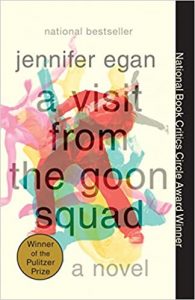
SS: I’ve read and loved Frankenstein, Invisible Man, Beloved and A Visit from the Goon Squad. Have any new writers grasped your interest recently?
HH: Yes, I just read two very different books by the talented writer Liz Moore. One of these, Long Bright River, is part family drama and part detective fiction; it was a captivating story and made me we want to explore her other novels. This led me to read The Unseen World which, while more difficult to classify generically, was even more spell-binding.
SS: I’ve added those two books to my TBR list. If you had to pick an author to write your biography, who would it be?
HH: I actually think that I would be best qualified to write about my own life, so (as much as I admire other writers), I’d pick me for this job.
SS: Is there an author whose biography you’d love to write?
HH: I briefly met playwright August Wilson in 2001. After he gave a lecture at the University of Alabama, we were at the same cocktail party and I had the chance to speak with him for a moment. Not only was Wilson an amazing writer, he also led a fascinating life so I think it would be interesting to learn even more about him and write his biography.
SS: If you time-warped fifty years into the future and found that something you created has become a trope or buzzword, how would you feel? Would you feel cheated of royalties or vindicated as a genius?
HH: I’d be surprised but happy. Actually, I hope to still be alive in 50 years because it would be amazing to live to see my greatgrandkids.
********************
Reality Simulation in Science Fiction Literature, Film and Television is available through:
********************
An excerpt from Reality Simulation in Science Fiction Literature, Film and Television:
In recent decades, science fiction in both print and visual media has produced an outpouring of story lines that feature forms of simulated reality. These depictions appear with such frequency that fictional portrayals of simulated worlds have become a popular sci-fi trope—one that prompts timeless questions about the nature of reality while also tapping into contemporary debates about emerging technologies. In combination with tech-driven tensions, this study shows that our collective sense of living in politically uncertain times also propels the popularity of these story lines. Because of the kinds of questions they raise and the cultural anxieties they provoke, these fictional representations provide a window into contemporary culture and demonstrate how we are reassessing our own reality.
********************
You can follow Heather on social media here:
Facebook | Twitter | Amazon author page
********************
This post contains Amazon Affiliate links. As an Amazon Associate, I earn a small amount from qualifying purchases.
